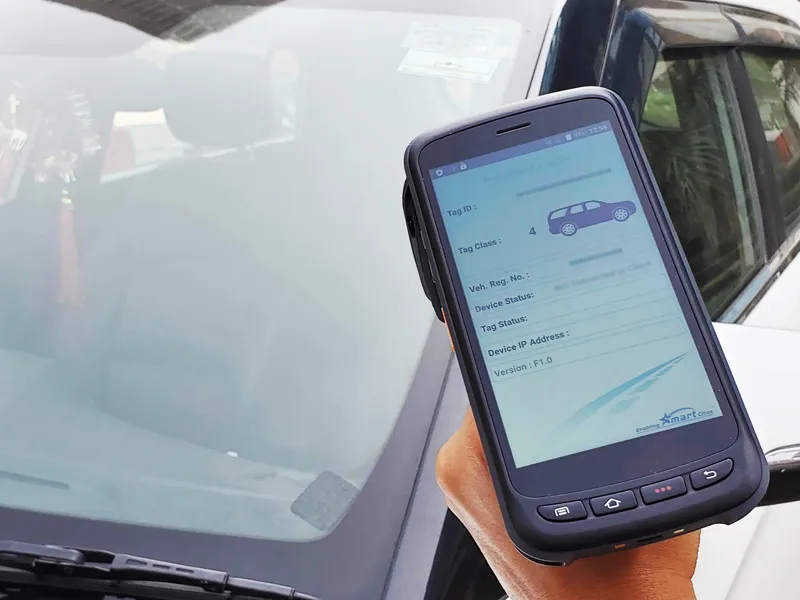With drivers sometimes waiting up to several hours to cross the US-Mexico border, the
As Bluetooth devices in passenger vehicles and RFID transponders in commercial vehicles pass roadside sensors, bridge wait times are calculated and posted at the border crossing information system (BCIS) website. Drivers can access this site and make decisions on when to leave based on the real-time wait times. The data is used only temporarily and does not identify actual drivers or their vehicles.
The BCIS website was developed through research by the Texas A&M Transportation Institute and partially funded by the
Currently, drivers can utilise the new Bluetooth-generated data for the Ysleta crossing, also known as Zaragoza and located between El Paso and Ciudad Juarez. Shippers can access similar data generated via RFIDs at seven sites along the border. Bluetooth technology also is in use along I-35 in Waco and at the Port Aransas Ferry, where waiting times are posted onto digital message boards.
“Texas is proud to lead the way in transportation technology, especially when it helps relieve congestion and improve mobility at key points on our roadways,” said chairman Ted Houghton,
“The city of El Paso’s economic security depends on the flow of goods and people across our international ports of entry,” said El Paso Mayor Oscar Leeser. “In order to ensure safe and fast commute times, we must provide our commuters access to realistic wait times. The partnership between the city of El Paso and TxDOT is a significant step in helping these commuters identify the best route and provide realistic crossing times at our bridges.”
Bluetooth travel information aids waiting times at US-Mexico border
With drivers sometimes waiting up to several hours to cross the US-Mexico border, the Texas Department of Transportation (TXDOT) is partnering with the city of El Paso to provide real-time traffic updates so drivers can plan accordingly and avoid long waits. Using Bluetooth and radio-frequency identification (RFID) technology, wait times will be available to motorists and commercial shippers so they can modify travel plans as needed.
As Bluetooth devices in passenger vehicles and RFID transponders in com
August 12, 2014
Read time: 2 mins










